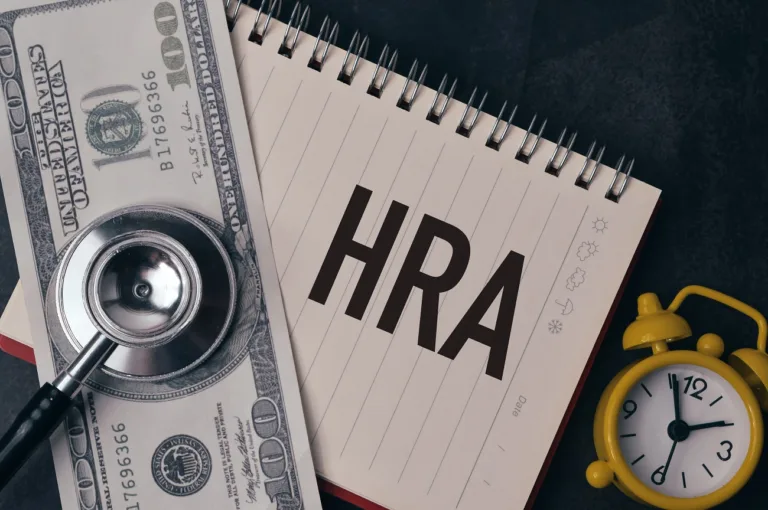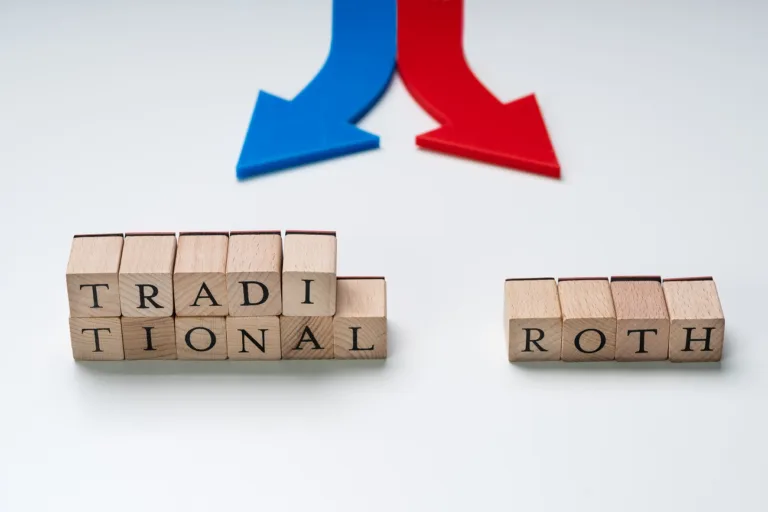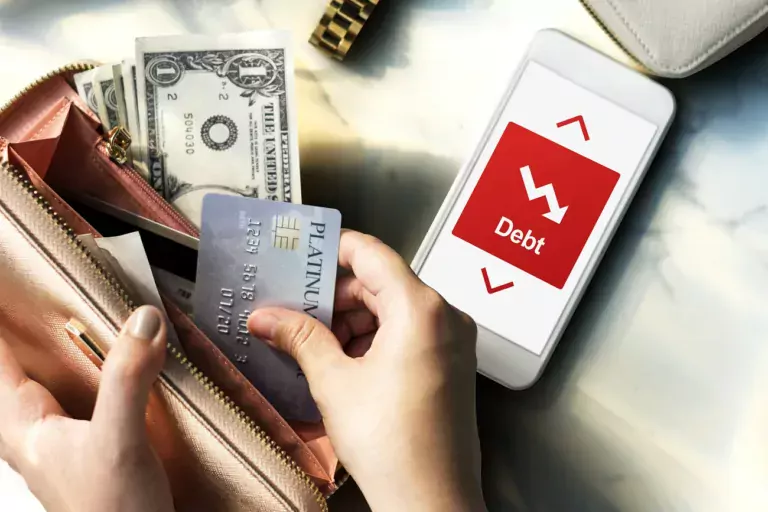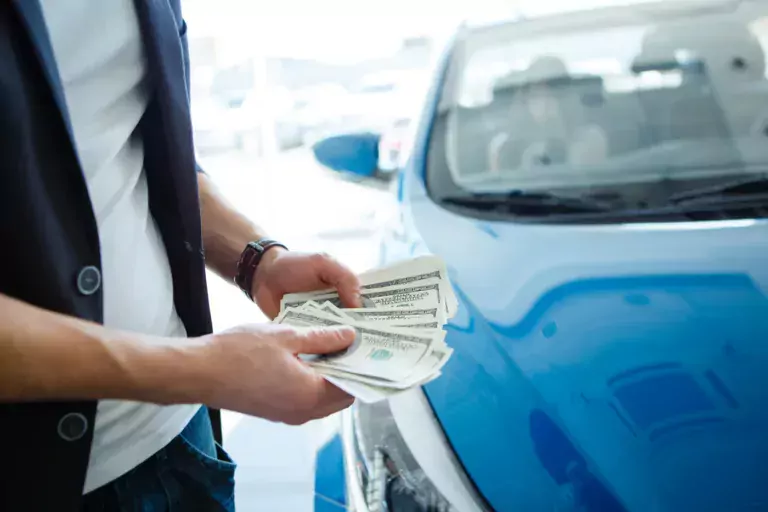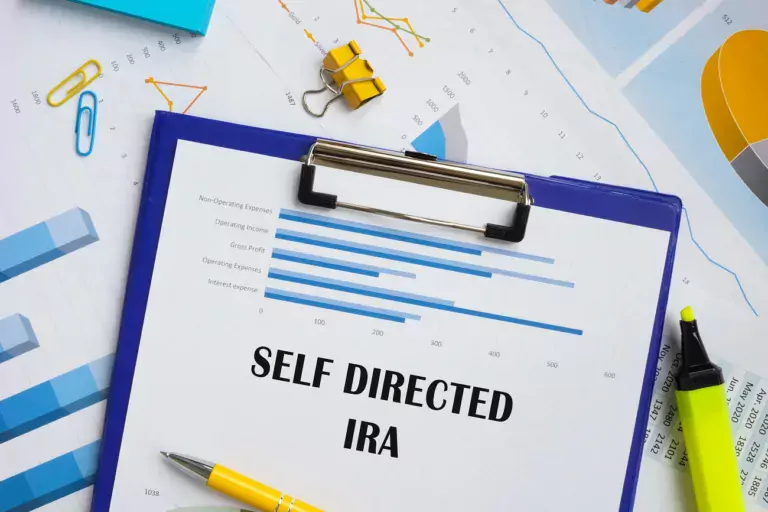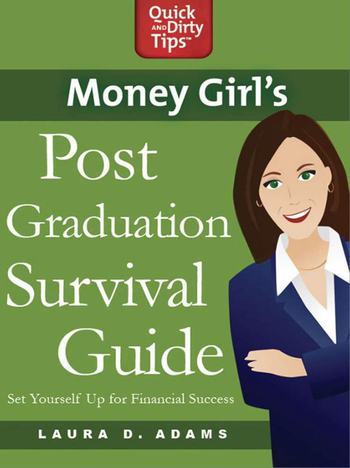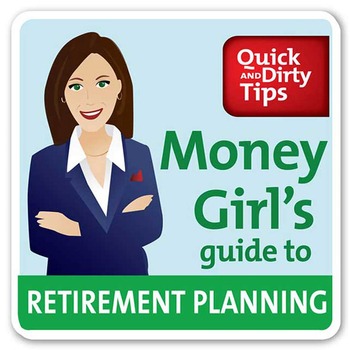
Money Girl
From credit, to taxes, to retirement, to insurance – Money Girl makes money simple so you rule your finances, pay down your debt, make smart investment decisions, and have a richer life.
Listen Now
More From Money Girl
A Money Girl listener says, “Hi Laura, my name is Hannah, and I’m from the great state of Maine. I was wondering if you could talk about h...
From expensive over-the-counter medications to prescription drugs to high copayments when you see the doctor, healthcare costs can take a massive bite...
Regularly investing using one or more tax-advantaged retirement accounts is wise if you want a financially comfortable retirement. I’m a big fan...
“Hi Laura, my name is Stephanie. I love what you do with the podcast, and I’ve been a listener for the past few years. My question is how ...
If you own or lease a vehicle, every state requires you to have some amount of auto insurance. Even if you don’t own a car but occasionally driv...
Raising financially independent adults involves more than just handing out money or funding their education. It’s about providing them with esse...
One of my students, Darla M., eloquently put, “Your zombie debt information is fascinating. I loved this course and crave to learn more.” ...
Introduction to self-directed IRAs If you’re considering opening a retirement account or have already been shopping for one, you’ve probab...
Navigating your budget can be challenging, especially when dealing with variable expenses and unpredictable income. This post will provide strategies ...
Wondering about how to become a real estate investor? Whether you’re a beginner or a seasoned investor, understanding different approaches to re...
About

From credit, to taxes, to retirement, to insurance – Money Girl makes money simple so you rule your finances, pay down your debt, make smart investment decisions, and have a richer life.



